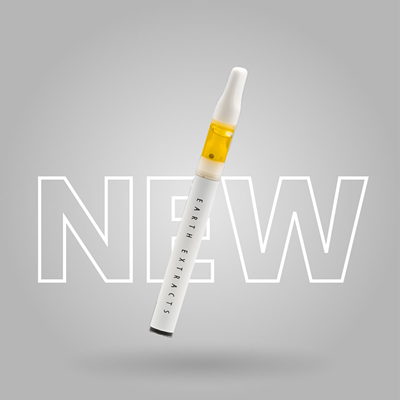Last week, stoners across the nation celebrated 4/20, a date that has arisen through marijuana lore as a day to appreciate a plant that puts so many in a good mood. Except now, the date isn't so much about just getting high as it is about spreading information and awareness to destigmatize the use of marijuana.
As the national (and indeed global) conversation continues, forces are fighting against the idea that marijuana is as harmful as we've been led to believe.
Several factors play into our ability to challenge the narrative, from the internet providing a source of information outside the official channels of people in power, to the wave of liberalism sweeping the country, to hard evidence provided by scientific research demonstrating that we we've been lied to for a long time.
Still, even with the mounting marijuana movement, there are a few who hold out against the idea that marijuana is as bad as we thought. Usually, those are people who have a hard time admitting they were wrong.
I get it, being wrong sucks. But one of the strongest characteristics for people in power is the ability to change your mind.
One of Chino Valley's town council members changed his mind when he petitioned the town's planning and zoning commission to grant a permit allowing him to research medical marijuana on his property.
Councilmember Corey Mendoza now stands as an example for those who have criticized marijuana use in the past, but have been swayed by new evidence of benefits.
What changed his mind?
"I've gotten much more educated in the uses of marijuana," he told the commission.
Education is the key to providing the environment to take an honest look at marijuana—a chance it never really got.
One group fighting against the anti-marijuana narrative is MomForce AZ, an organization of local moms using medical marijuana to treat their children.
Treating children with medical marijuana is an easy target for anti-pot politicians. One effect studies have proven is that frequent use of marijuana affects brain development—no argument there.
But as one of the moms testified, the alternative is a cocktail of pharmaceuticals.
When a child experiences scores of seizures a day or episodes of self-harm, the potential result of slightly-hindered brain development is a mild risk compared to the immediate and long-term effects of FDA-approved medication. (Let's not even get started on the pill pushers making millions off the sanctioned treatment.)
Keeping this conversation open doesn't necessarily mean we should expect sunshine and rainbows from here on out. For society to reach the ideal outcome in the debate about marijuana, supporters need to take the same approach as detractors: accept that you might be wrong.
Like the way Sue Sisley approaches her research, the goal isn't to demonstrate that marijuana is good all the time; the goal is to show the truth.
For those of who side with marijuana, we know we're closer to the truth than prohibitionists, but the pro-marijuana agenda is stronger with compromise.









